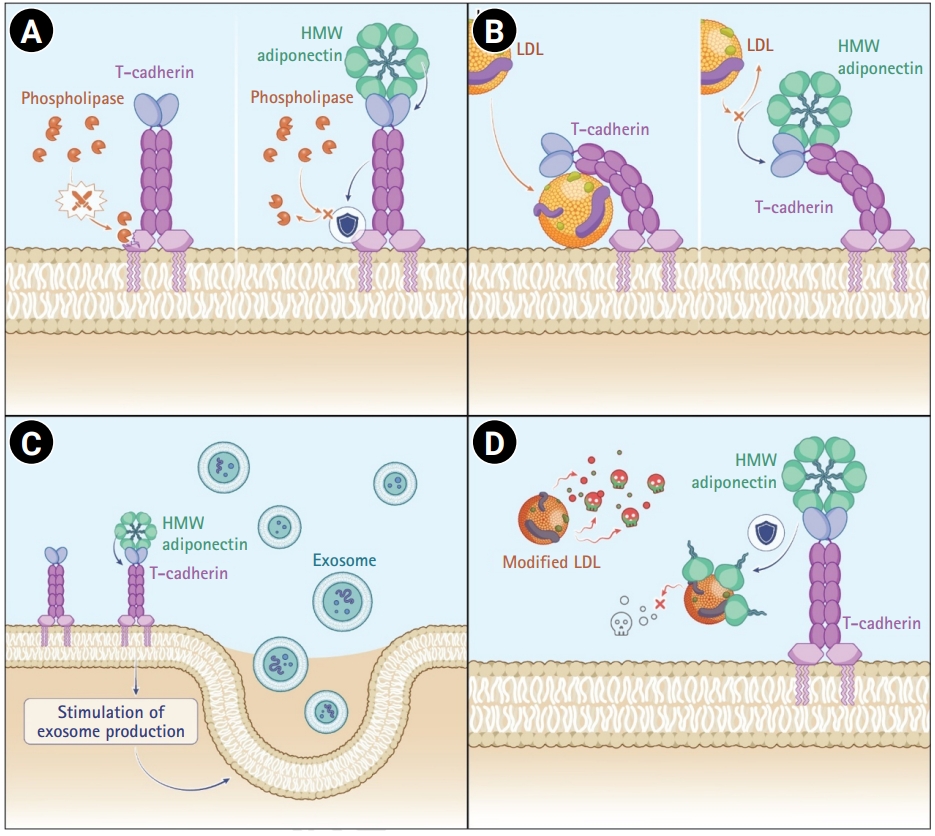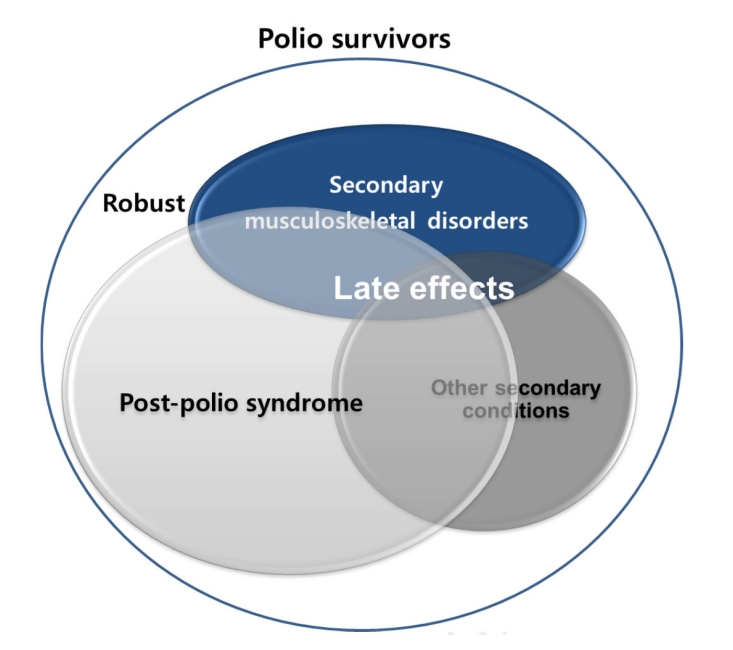




 , Ga-Yang Shim
, Ga-Yang Shim
 , Jae-Young Lim
, Jae-Young Lim
 , Bruno B. Andrade
, Bruno B. Andrade , Ju Sang Kim
, Ju Sang Kim , Yoolwon Jeong
, Yoolwon Jeong
Citations

 , Joonil Hwang
, Joonil Hwang , Hai-Jeon Yoon
, Hai-Jeon Yoon , So Hyun Ahn
, So Hyun Ahn
 , Won Woong Lee
, Won Woong Lee , Haewoo Lee
, Haewoo Lee , Jin Yong Jun
, Jin Yong Jun , Jin-Won Noh
, Jin-Won Noh
Citations

 , Hyun Bin Choi
, Hyun Bin Choi , Young-Seok Kim
, Young-Seok Kim , Sang Gyune Kim
, Sang Gyune Kim
Citations


